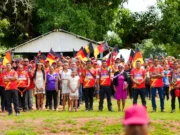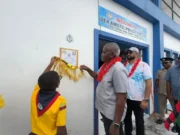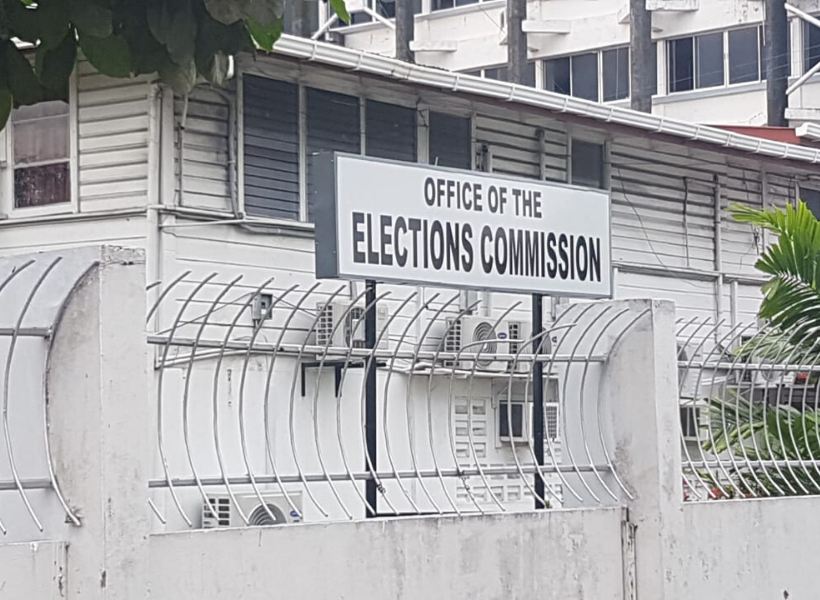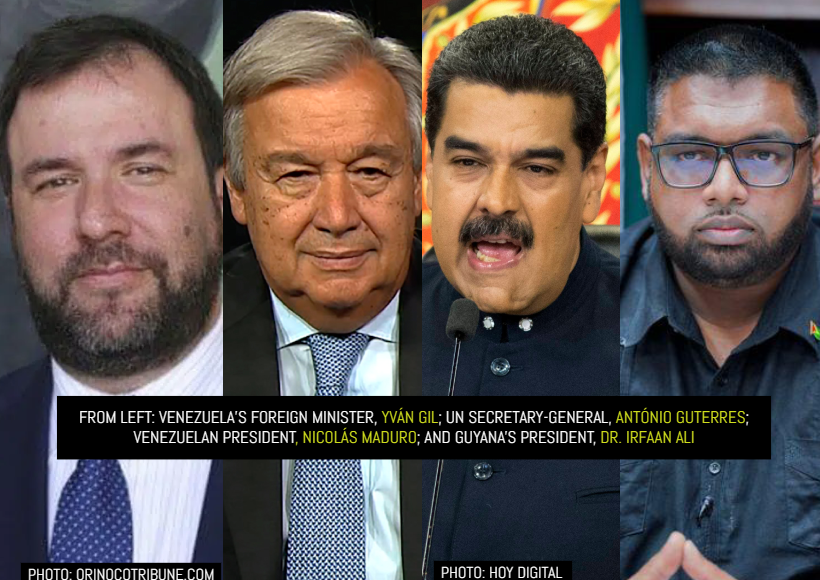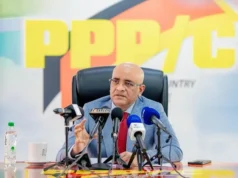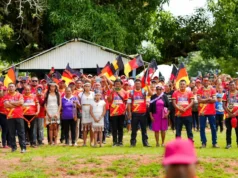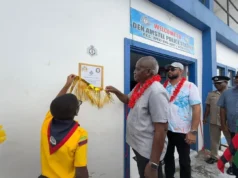Venezuela has clapped back at United Nations Secretary-General (SG) Antonio Guterres, one day after the bloc’s head expressed concern over the “escalation of tension” between that country and Guyana.
Yván Gil, Venezuela’s Foreign Minister shared a communique on the social media site, “X”, formerly known as Twitter, expressing his government’s dissatisfaction with the SG’s comments.
The SG, through a spokesman, said that he was concerned about the tensions over the border controversy and expressed hope that parties will demonstrate good faith and avoid any action that would aggravate or extend the controversy.
In January 2018, after carefully analysing developments in the good offices process that had taken place over the preceding years, the Secretary-General, in the exercise of the power and responsibility conferred on him by the 1966 Geneva Agreement, chose the International Court of Justice as the means that was next to be used for the solution of the border controversy between the two countries. This point was emphasized by Guterres in his statement.
Unfortunately, Venezuela’s President Nicolas Maduro has said repeatedly that he nor his government recognizes the ICJ as the appropriate body to resolve the matter. Guterres’ mention of the ICJ process might have struck a nerve prompting the Venezuelan minister to issue the following communique:
The Bolivarian Republic of Venezuela rejects the statements attributed to the Secretary General of the United Nations, Antonio Guterres, through which he pretends to decline his responsibility in the tensions generated by Guyana, related to the territorial controversy over Guayana Esequiba.
Venezuela reminds, the Secretary General and the International Community, that on February 25, 2018, it warned of the need to respect the Geneva Agreement of 1966, reiterating the letter sent to his predecessor Ban-Ki Moon on December 15, 2016. However, turning its back on the application of the successive means contemplated in the aforementioned agreement, the case was referred, against the will of one of the parties, to the International Court of Justice (ICJ). This action marked a turning point in the behavior of Guyana, which has abandoned the diplomatic path of direct dialogue, making decisions that challenge international legality and threaten the peace and stability of the Caribbean region. Years later, one must pose the question: What was the point of taking this case to the ICJ without the consent of an essential party, such as Venezuela, in violation of the text of the Geneva Agreement?
It is the actions of Guyana, associated with the United States Southern Command and authorizing concessions in a sea pending delimitation with Venezuela, what is becoming the greatest threat to peace and stability in the Caribbean. Venezuela’s insistent call has been aimed at establishing direct, face-to-face talks that would allow progress to be made towards a peaceful and satisfactory resolution for both parties of the controversy over Guayana Esequiba, as established in the only valid document, the Geneva Agreement.
This December 3, the Venezuelan people will decide, in a sovereign, democratic and peaceful manner, their destiny in the struggle to assert their historic rights over the territory of the Guayaba Esequiba. Nothing and no one will divert them from this path.

